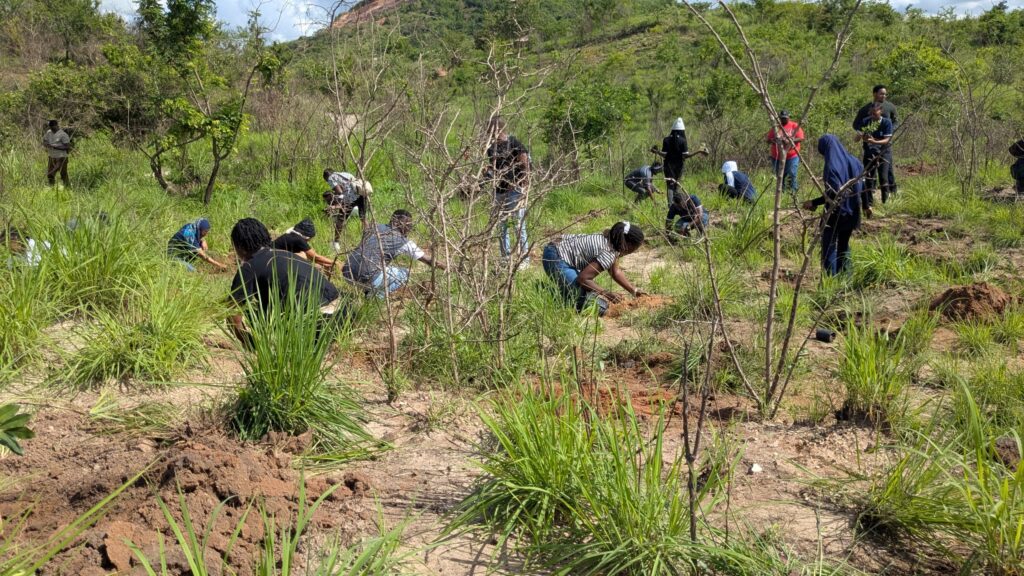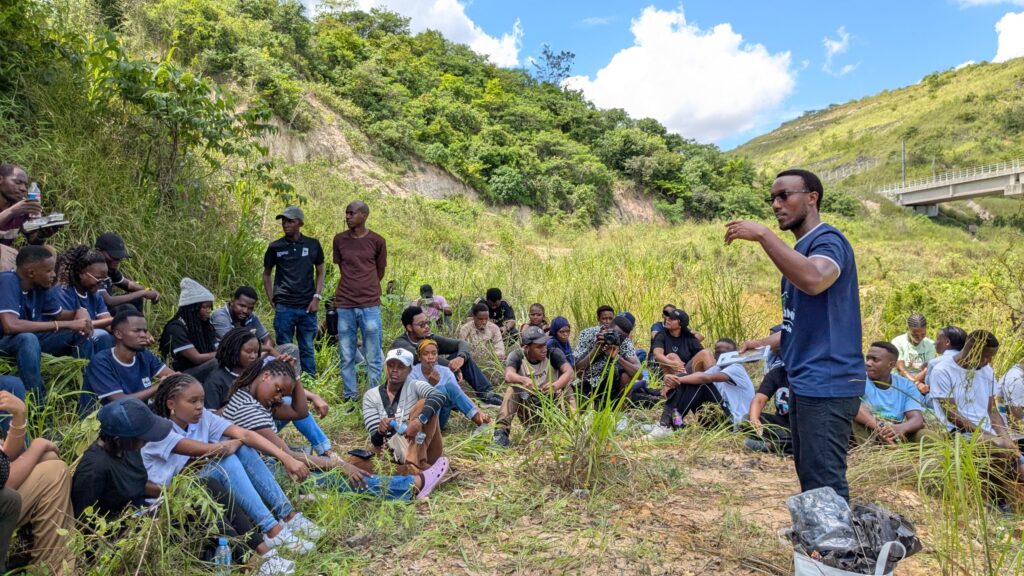Dar es Salaam. With statistics revealing that approximately 460,000 hectares of forest are lost each year in Tanzania, individuals involved in forest destruction—particularly illegal tree cutting—have been warned to stop immediately.
This widespread forest loss is primarily driven by human activities such as bushfires, charcoal production, and logging, often carried out by people with little regard for environmental protection.
Speaking during a tree planting event where 3,000 trees were planted in Pugu Mwambisi, Dar es Salaam, Ramadhan Mnaguzi, a Forest Assistant from the Tanzania Forest Services (TFS) Agency, stressed that destructive activities must not be ignored.
“When environmental stakeholders plant trees to restore degraded forests, our role is to patrol and protect the area. We arrest those involved in destruction and hand them over to legal authorities,” he said.
Mnaguzi noted that anyone found entering forest reserves without special permission is tracked and apprehended, with the ultimate goal being to save forests threatened by human activity.
“We are actively combating wildfires, especially in August when vegetation is dry. We educate the public, and anyone we catch setting fires is arrested,” he added.
He urged everyone involved in such destructive actions to stop immediately, warning that these activities are severely damaging the forests and have far-reaching consequences.

Dr Thomas Sawe, Project Manager for Forest Restoration in the Eastern Arc region with WWF, said that through the “Ishi Kijani, Ishi Kijanja” (Live Green, Live Smart) campaign, the organization aims to engage young people in restoring areas degraded by human activity.
“WWF is supporting the national goal to restore 5.2 million hectares of degraded land, and we are assisting the government with 2.6 million hectares of that target,” he said.
Dr Sawe explained that the campaign is being implemented across various regions in the country, wherever WWF is carrying out restoration projects, with a strong focus on engaging youth—the nation’s driving force—to take action and understand the importance of environmental conservation.
“Research shows that a significant portion of land globally has been degraded due to human activity. There are continental-level targets to restore these lands, and this is exactly what we are doing,” he said.
He pointed out that unsustainable farming, wildfires, unregulated livestock grazing, illegal logging for timber, charcoal and poles, and the lack of awareness and community participation in forest conservation are all major contributors to deforestation.
Dr Sawe emphasized that their work supports government efforts to restore degraded lands and protect existing forests. He added that the trees being planted are closely monitored to ensure they grow as intended.
“We are working together with TFS, who allocated us this area where we have planted 3,000 trees with the aim of conserving forest land. Research indicates that regions in southern Tanzania are experiencing the highest rates of forest loss,” he said.
One of the tree planters, Gillia Lyimo, said that as a youth, she is collaborating with stakeholders to save the disappearing natural vegetation and forests. She emphasized that everyone has a duty to protect the environment and ensure it remains intact.
Another participant, Hussein Jaffar, a resident of Kisarawe, strongly condemned tree cutting, saying it is unacceptable and that more effort is needed to preserve trees. He urged those cutting trees to stop and find alternative means of earning a living.


